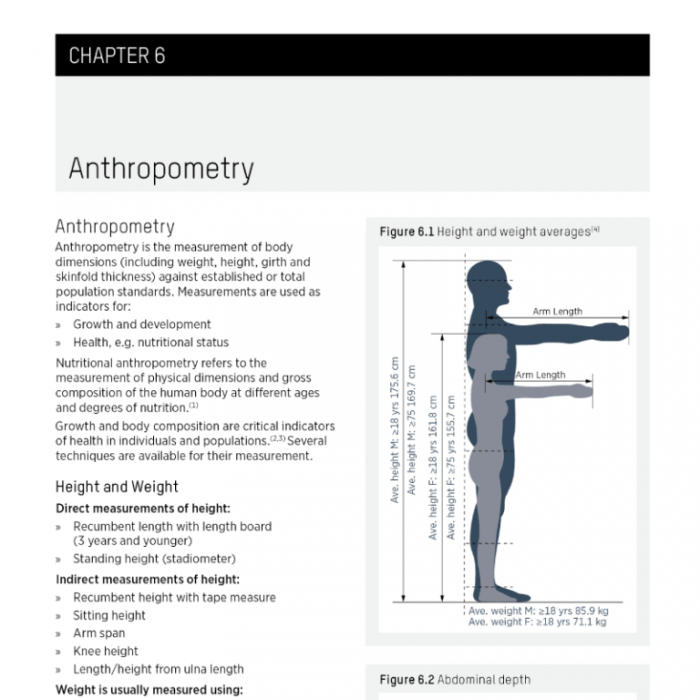Management practice in dietetics 5th edition – Management Practice in Dietetics, 5th Edition, provides a comprehensive overview of the essential principles and practices that underpin effective dietetic management. This authoritative text guides readers through the intricacies of professionalism, leadership, communication, financial management, human resource management, quality management, marketing, legal and regulatory issues, and emerging trends in the field.
With its up-to-date content and engaging writing style, Management Practice in Dietetics, 5th Edition, is an indispensable resource for dietetics professionals at all levels, from students and recent graduates to experienced managers and leaders. It is a valuable tool for enhancing professional competence, advancing career development, and ensuring the delivery of high-quality dietetic services.
Introduction to Management Practice in Dietetics, 5th Edition

The 5th edition of Management Practice in Dietetics is a comprehensive resource that provides updated and evidence-based guidance on the essential aspects of management practice in the field of dietetics. This edition addresses the evolving landscape of healthcare and the growing complexity of dietetic practice, empowering readers with the knowledge and skills necessary to navigate these challenges.
The book is primarily intended for dietetics professionals at all levels, including students, practitioners, and leaders. It serves as a valuable reference for both educational and professional development, offering practical insights and strategies for effective management and leadership in dietetic settings.
The book is organized into 10 chapters, each covering a key aspect of management practice. These chapters are grouped into three main sections: Foundations of Management Practice, Core Competencies in Management Practice, and Advanced Management Practice.
Professionalism and Ethical Practice in Dietetics: Management Practice In Dietetics 5th Edition

The ethical principles and guidelines that guide dietetic practice are essential for ensuring the integrity and credibility of the profession. These principles include beneficence, non-maleficence, autonomy, justice, and confidentiality. Dietetics professionals have a responsibility to maintain professional conduct and boundaries, respecting the rights and values of patients and clients.
Ethical dilemmas are common in dietetic practice, and it is important for professionals to be equipped with strategies for navigating these situations. This includes understanding the ethical principles involved, considering the potential consequences of different actions, and seeking guidance from colleagues or supervisors when necessary.
Leadership and Management in Dietetics
Leadership is a critical skill for dietetics professionals in all settings. Effective leaders can inspire teams, create a positive work environment, and drive organizational success. Different leadership styles exist, and the most effective approach depends on the specific context and team dynamics.
Developing leadership skills requires ongoing effort and self-reflection. Dietetics professionals can enhance their leadership abilities through training, mentoring, and practical experience. By cultivating strong leadership skills, they can make a significant impact on the health and well-being of the communities they serve.
Communication and Interpersonal Skills in Dietetics

Effective communication is essential for building strong relationships with patients, colleagues, and stakeholders. Dietetics professionals must be able to communicate clearly and effectively in both verbal and written formats, adapting their communication style to different audiences.
Interpersonal skills are also crucial for success in dietetic practice. Dietetics professionals should be able to build rapport with patients, understand their needs and perspectives, and work collaboratively with other healthcare professionals.
Financial Management in Dietetics
Financial management is a critical aspect of dietetic practice, ensuring the financial viability and sustainability of dietetic services. Dietetics professionals should have a basic understanding of financial principles, including budgeting, cost-control measures, and revenue generation.
By optimizing financial performance, dietetics professionals can ensure that their services remain accessible to patients and clients while also contributing to the overall financial health of healthcare organizations.
FAQ Guide
What is the purpose of Management Practice in Dietetics, 5th Edition?
Management Practice in Dietetics, 5th Edition, provides a comprehensive overview of the essential principles and practices that underpin effective dietetic management.
Who is the target audience for Management Practice in Dietetics, 5th Edition?
Management Practice in Dietetics, 5th Edition, is intended for dietetics professionals at all levels, from students and recent graduates to experienced managers and leaders.
What are the key topics covered in Management Practice in Dietetics, 5th Edition?
Management Practice in Dietetics, 5th Edition, covers a wide range of topics, including professionalism, leadership, communication, financial management, human resource management, quality management, marketing, legal and regulatory issues, and emerging trends in the field.